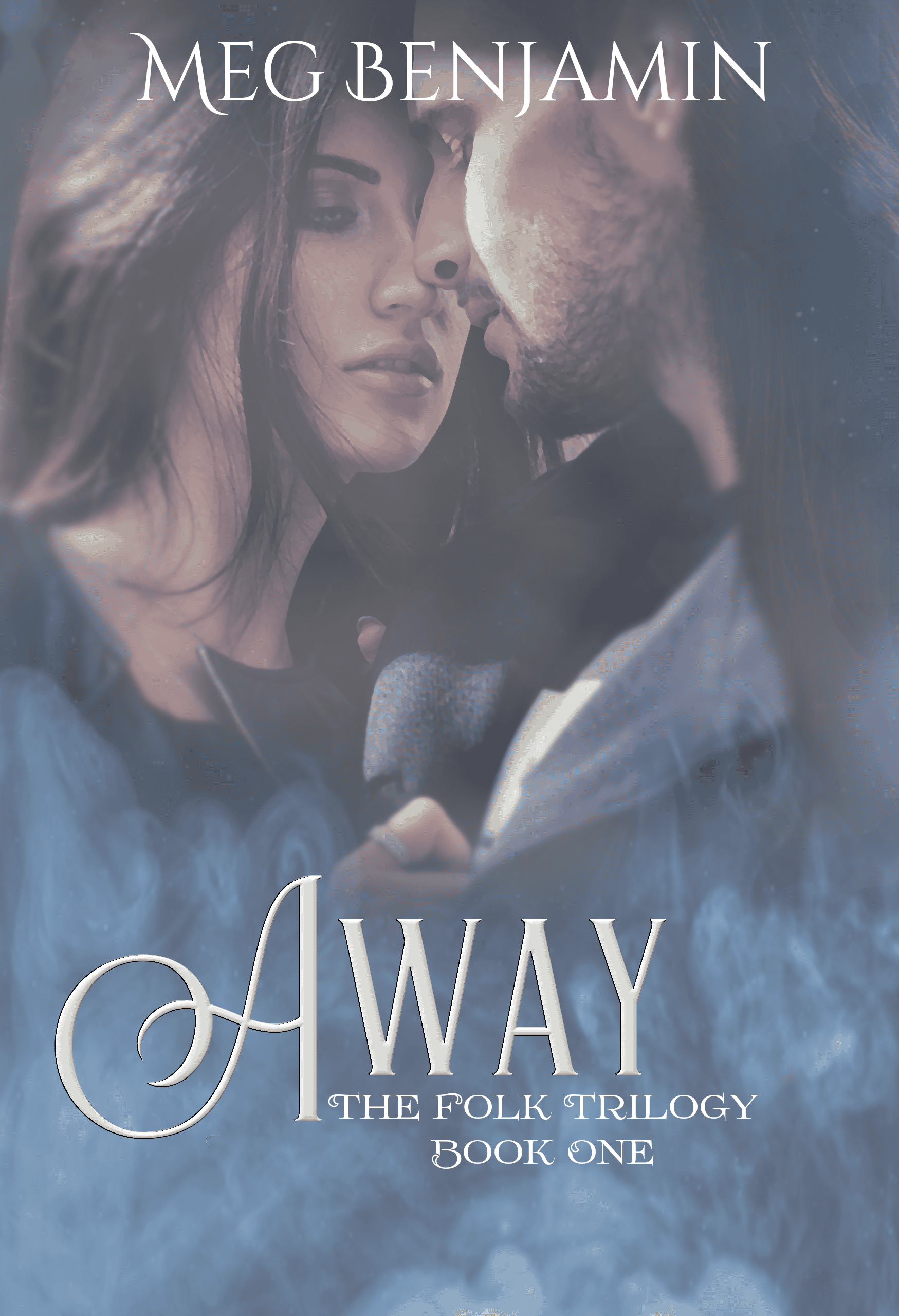Never Read Mary Balogh on an Airplane—Tears and Romance
I once made the mistake of taking a Mary Balogh novel with me on a long flight. Don’t get me wrong—reading Mary Balogh’s novels definitely isn’t a mistake. And I usually get so engrossed in her books that I can overlook minor inconveniences like my fear of flying. But the thing about Mary Balogh and me is this: she makes me cry. Always. At some point in reading Balogh’s books, I always break down. And while that’s not a particular problem when I’m sitting in my own living room, it’s a bigger problem when I’m sitting next to a complete stranger who becomes convinced that he’s stuck beside a nutcase.
Crying at romances is a cliché, of course. Women are supposed to be particularly susceptible to sentimental stuff, breaking down over puppies and daffodils. But crying over books isn’t something that happens to me all that regularly. The books that really get to me, the ones that overcome my usual reluctance to get teary, usually have a couple of characteristics.
First, they have the kind of characters that pull me in. They don’t have to be much like me, nor do they need to go through situations I’ve gone through. But they do need to be drawn so well that I can momentarily enter into their lives and feel what they’re feeling. Take the heroine in one of my favorite Balogh’s—Slightly Dangerous. Christine Derrick is a classic Balogh character, plucky, decent, and beleaguered. She’s been wrongfully accused of something she didn’t do, but she hasn’t let it keep her from living her life, although she’s still hurt by the desertion of people she cared about. During the course of the novel she falls in love with one of Balogh’s best heroes—Wulfric Bedwyn, Duke of Bewcastle. Wulfric is, in fact, a very irritating man: repressed, severe, apparently unemotional. He doesn’t really want to fall in love with Christine because she’s so obviously wrong for him, plus the difference in their social status is immense. However, once he falls, he goes about rectifying the slurs against her, correctly identifying the real villain and reuniting her with her estranged family before marrying her. The thing that makes this book heart-rending isn’t Christine’s suffering. In fact, Christine’s a remarkably sunny character—cheerful and full of self-deprecating humor. She doesn’t particularly want to be part of the ton and isn’t too upset over their rejection. But she is heartsick over the loss of her former in-laws’ affection, and she’s hurt and confused over their censure. And because you like her and sympathize with her and, thanks to Balogh’s careful characterization, understand her, you definitely feel her unhappiness. When Christine suffers, you suffer. And when Wulfric fixes everything, you may get tearful all over again.
There are also certain situations that make me tear up. Almost anything involving childhood pain or disillusion can do it. The really horrific descriptions of Sebastian’s childhood in Lord of Scoundrels make me ache; ditto the descriptions of childhood trauma in Susan Smith’s The Vanished Child. Mothers and fathers dying or giving up their children (usually the hero or heroine) can also bring me to tears (I’ve even been known to tear up at Citizen Kane when the banker takes little Charlie away from his father). And yes, I know these are sentimental situations. I just don’t think sentiment is necessarily bad.
So what doesn’t make me tearful? Usually novels where I never really bought into the hero or heroine in the first place. If they don’t seem like real people to me, their pain doesn’t really seem real either. Sometimes this happens when the hero/heroine endures too much angst. If a character’s life is just one disaster after another, you get a little shell-shocked. Sometimes I lose interest if the characters’ suffering is the major point of the plot. If all the heroine does is wring her hands and moan, I’m out the door pretty fast. I’m more drawn in by people who do their best to persevere, even if their best doesn’t always work. That way when they meet with reversals, I’m more inclined to feel for them. Finally, if the author makes a big point of how tortured the hero/heroine is (usually, the hero), I frequently find myself going “Naw.” It’s all part of the telling/showing thing. Balogh shows you how the characters feel through the way they talk and the way they behave. She doesn’t say, “Christine had always been hurt by the way her sister-in-law rejected her.” She shows us Christine avoiding contact with her sister-in-law, then working not to show any hurt at her coldness. You feel with her because you’re shown how she feels. And although she won’t cry, you can.
Actually, I don’t feel embarrassed about feeling tearful when I read romances. My family is used to my sniffling by now and they usually ignore it. On the other hand, I’d just as soon not freak people out on public transportation. So don’t take Mary Balogh on a plane. Maybe that’s the time to read that cookbook you’ve been meaning to get to.
Posted in Blog • Tags: crying, reading, romance | 1 Comment









1 thought on “Never Read Mary Balogh on an Airplane—Tears and Romance”